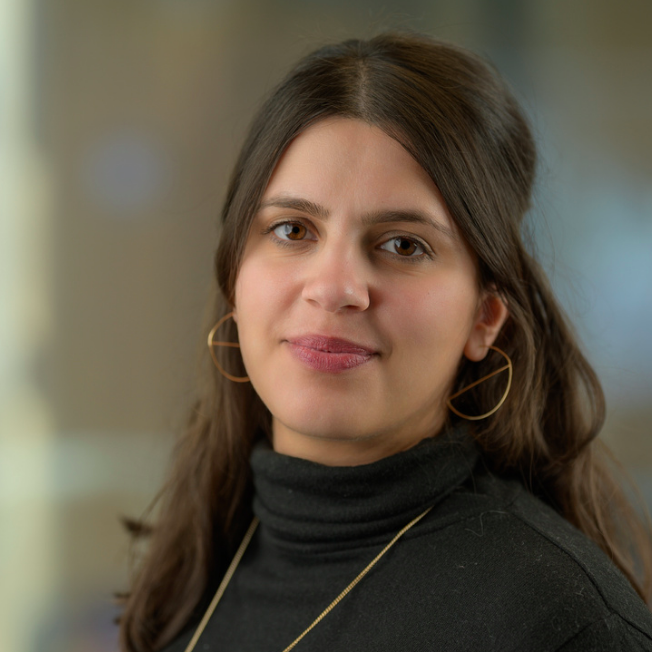Aims: Whilst pharmaceutical heroin (diamorphine) is no longer commonly prescribed in the treatment of heroin addiction, it was once the mainstay treatment. Between the 1960s to mid-1970s, take-home heroin prescribing was the main form of treatment in the UK (the ‘British System’). The subsequent changes to diamorphine prescribing were greatly influenced by new evidence from trials involving methadone, which changed the face of opiate treatment.
However, analysis of that time period, the 1960s to mid-1970s, is important for our understanding of heroin addiction and heroin-related mortality. This paper investigates contemporary historical reports from a period of time where take-home heroin prescribing was common and examines mortality figures for this treatment population.
Methods: A systematic literature review and hand-searching of the time period 1960 and 1975 was conducted. Embase, Medline and PsychINFO databases were searched for English-language records using a Boolean search strategy. Annualised mortality rates were calculated based on the extracted data.
Results: 4679 total of records (2875 after removal of duplicates and non-English language records) including hand-searches were retrieved of which 15 were studies that met the inclusion criteria for analysis. Narrative and follow-up studies were chosen. Estimated annualised mortality data ranged from 0% to 30%, with a median rate of 2.4% and an average of 5.3%.
Conclusions: Overall, a great proportion of heroin-related deaths occurred in the treated population during the 1960s to mid-1970s of the ‘British System’ where take-home heroin was the prevailing choice of treatment for heroin addiction. This was comparable to, or even greater than, the mortality rates typically reported in the international literature for the untreated condition and substantially greater than occurs with more orthodox treatments today.
Co-Authors
Ms Basak Tas – Institute of Psychiatry, Psychology & Neuroscience, King’s College London Professor John Strang – Institute of Psychiatry, Psychology & Neuroscience, King’s College London
